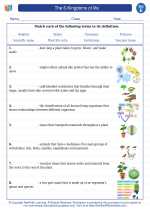The 6-Kingdoms of life -> atom
Atoms
An atom is the basic unit of matter, composed of a nucleus containing protons and neutrons, with electrons orbiting around the nucleus. Understanding the structure and behavior of atoms is fundamental to understanding chemistry and the physical world.
Structure of an Atom
An atom is made up of three subatomic particles:
- Protons: Positively charged particles found in the nucleus
- Neutrons: Neutral particles found in the nucleus
- Electrons: Negatively charged particles that orbit the nucleus in energy levels
Atomic Number and Mass Number
The atomic number of an atom is equal to the number of protons in its nucleus. The mass number is the sum of the protons and neutrons in the nucleus. It determines the mass of the atom.
Electron Energy Levels
Electrons orbit the nucleus in specific energy levels or shells. The first energy level can hold up to 2 electrons, the second can hold up to 8, and the third can hold up to 18. The outermost energy level is known as the valence shell.
Study Guide
To understand atoms better, consider the following points:
- Explain the structure of an atom, including the roles of protons, neutrons, and electrons.
- Understand the concept of atomic number and mass number, and how they are used to identify different elements.
- Describe the organization of electrons in energy levels and the significance of the valence shell.
- Practice drawing atomic models and understanding how different elements vary in their atomic structure.
- Research the history of atomic theory and the contributions of scientists such as Democritus, Dalton, Thomson, Rutherford, and Bohr.
By mastering the concept of atoms, you will be better equipped to understand the building blocks of matter and the chemical reactions that govern our world.
[Atom] Related Worksheets and Study Guides:
.◂Science Worksheets and Study Guides Fifth Grade. The 6-Kingdoms of life
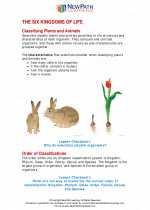
 Activity Lesson
Activity Lesson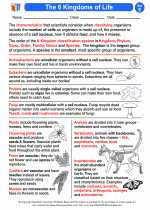
 Worksheet/Answer key
Worksheet/Answer key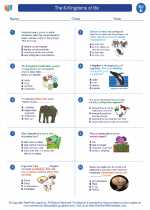
 Worksheet/Answer key
Worksheet/Answer key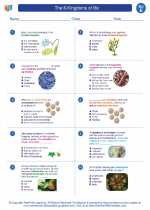
 Worksheet/Answer key
Worksheet/Answer key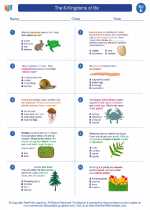
 Worksheet/Answer key
Worksheet/Answer key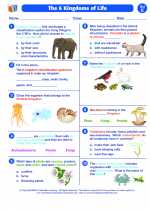
 Vocabulary/Answer key
Vocabulary/Answer key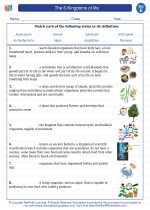
 Vocabulary/Answer key
Vocabulary/Answer key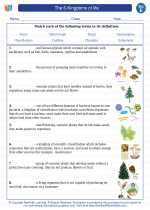
 Vocabulary/Answer key
Vocabulary/Answer key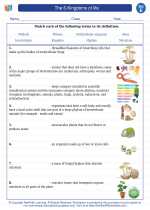
 Vocabulary/Answer key
Vocabulary/Answer key